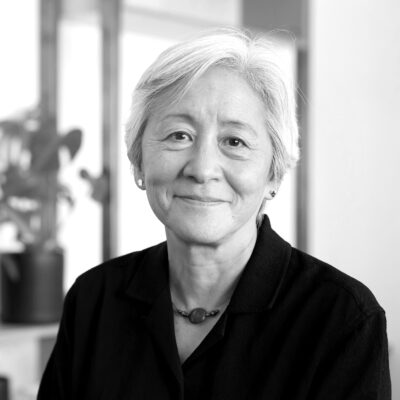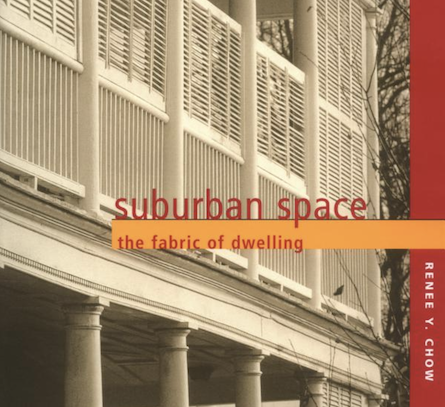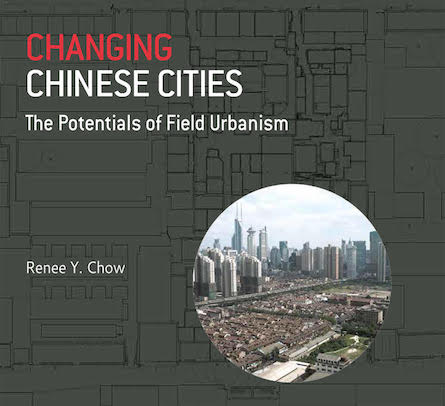
Renee Chow
BIOGRAPHY
Both Renee Chow's practice and research focus on the intersection between architecture and its locale. One problem for contemporary design is to link the structures of the city and landscape with their individual pieces — to design how each affects and is affected by the other. In making pieces of our cities — highways and streets, parks and buildings — our current architectural culture too often strives for a degree of formal autonomy from surrounding circumstances. The experience of a city becomes a cacophony of competing markers. The local experiences of neighborhood textures, district orientations, and collective practices of dwelling disappear as our design practices increasingly lose the tools to make them.
Urban challenges of the 21st century — flooding and drought, resource depletion, and urban uniformity — also require solutions that are locally rooted. Chow has developed analytic and generative design tools for mapping and transforming locales by integrating landscape, urban and architectural systems across sites and individual buildings. While adapting our communities for climate resilience, we can also build the unique legibility of every neighborhood. More can be found about reshaping forms of urbanism both in suburbs and cities in her books, Suburban Space: The Fabric of Dwelling (2002) and Changing Chinese Cities: The Potentials of Field Urbanism (2015).
Currently, Chow is the William W. Wurster Dean of the College of Environmental Design; she previously served as chair of the Department of Architecture. In 2021, she was named an ACSA Distinguished Professor. She has been honored by the College of Environmental Design with the Eva Li Chair in Design Ethics from 2005 to 2010, by Architecture Magazine as one of its “Ten Top Architectural Educators,” and by the AIA California Council with its Research and Technology Honor Award.
Publications
Changing Chinese Cities: The Potentials of Field Urbanism. Singapore: National University of Singapore Press, 2015.
Suburban Space: The Fabric of Dwelling. Berkeley: University of California Press, 2002.

